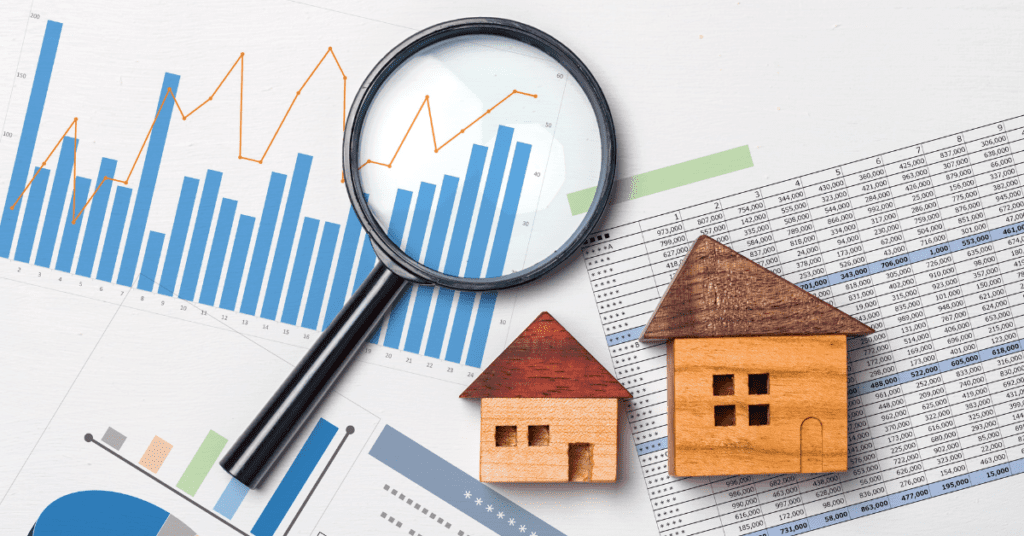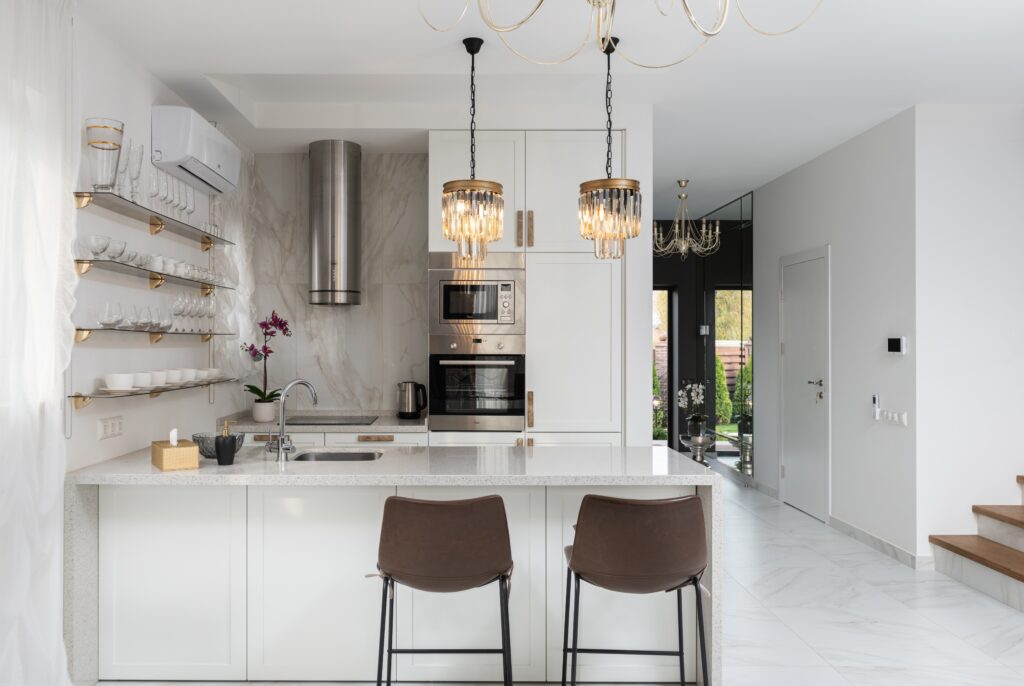
Ontario First-Time Home Buyers: Most Frequently Asked Questions
Are you considering buying a house in Toronto, Ajax, St. Catharines or anywhere in Ontario? As a first-time home buyer, understanding the process is essential to ensure a smooth and successful purchase. Here are some valuable insights to help you navigate the real estate market with confidence.
From selecting the right community to setting a realistic budget, having answers to your key home-buying questions is crucial. These tips will help reduce stress and position you for success.
For more in-depth information, you can refer to this helpful guide for first-time home buyers, which covers everything you need to know before making your purchase.
FAQs for Ontario First-Time Home Buyers
Embarking on your first home purchase can feel overwhelming. To help you get started, here are answers to some frequently asked questions, along with practical tips for first-time home buyers in Ontario.
What Are the Benefits of Buying a Home?
Buying a home is more than just finding a place to live—it’s an investment in your future with several long-term benefits. Here are some key advantages to consider:
- Build Home Equity: Home equity is the difference between your mortgage balance and your home’s current market value. As you pay down your mortgage, your equity increases, helping you build wealth over time. Tip: Use your home equity to meet long-term financial goals, such as funding retirement or your children’s education.
- Enjoy Price Appreciation: Over time, real estate tends to appreciate in value. While market fluctuations occur, property values generally rise in the long run, making homeownership a stable investment. Example: If you purchase a home for $500,000 and it appreciates at 3% annually, its value could grow to approximately $670,000 in 10 years—a $170,000 increase.
- Experience Greater Freedom: Owning a home allows you to personalize and renovate your space as you see fit. Unlike renting, you have the liberty to make changes without needing landlord approval.
- Reap Financial Benefits: Over time, owning a home can be more cost-effective than renting. Additionally, it can help build your credit, which is useful for future large purchases or investments.
Who Qualifies as a First-Time Home Buyer?
If you’re buying your first home, several government programs and rebates can help you financially. To qualify as a first-time home buyer in Ontario, you must not have owned and occupied a home within the last four years. Here are some essential programs to be aware of:
- Home Buyers’ Plan: You can withdraw up to $60,000 from your RRSP tax-free to buy or build a qualifying home.
- First-Time Home Buyers’ Tax Credit: Eligible buyers can receive up to $750 in federal tax relief.
- Land Transfer Tax Refunds: First-time buyers may be eligible for a refund of all or part of their land transfer taxes, up to $4,000 (or up to $8,475 in Toronto).
Extended Mortgage Program – First time home buyers purchasing new construction can benefit from 30 year amortization
Q. When Should I Get Pre-Approved for a Mortgage?
Getting pre-approved for a mortgage is a vital step in the home-buying process. Here’s what you should know about mortgage pre-approval:
- Understand the Pre-Approval Process: A lender will evaluate your financial situation and issue a pre-approval letter indicating how much mortgage financing you can likely secure. This letter is typically valid for 60 to 180 days, depending on the lender. Tip: Consider working with a mortgage broker, who can access multiple lenders to find the best rates and terms for you.
Q. Should I Work With a Listing Agent or a Buyer’s Agent?
Choosing the right real estate professional is crucial to a successful home purchase. Here’s what you need to know about selecting the right agent:
- Consider a Buyer’s Agent: A buyer’s agent represents your interests in the transaction and is legally obligated to act in your best interest.
- Understand the Role of a Listing Agent: Also known as a seller’s agent, a listing agent represents the seller’s interests. While some buyers consider working directly with the listing agent for perceived advantages, it’s important to remember that a listing agent’s primary duty is to the seller. Tip: To ensure full representation, it’s generally best to work with a buyer’s agent who is duty-bound to you.
Q. Who Pays the Real Estate Commission?
In Ontario, the seller typically pays the real estate commission, which is usually between 3.5% to 5% of the purchase price. This amount is split between the buyer’s and seller’s agents. Keep this in mind as you proceed with your home search.
Q. Will I Need Home Insurance?
Yes, securing home insurance is necessary to obtain a mortgage. Home insurance protects your property and provides liability coverage, offering peace of mind if the unexpected happens. This is one of the most important tips for first-time home buyers in Ontario.
Q. What Do You Need to Know About Your Finances?
Understanding the financial aspects of buying a home is crucial. Here are some tips for first-time home buyers in Ontario to help you prepare for a successful transaction:
- Know Your Down Payment Requirements: The portion of the purchase price you pay upfront is your down payment. The minimum down payment varies based on the purchase price:
- $500,000 or less: Minimum 5% of the purchase price.
- $500,000-$1,499,999: 5% on the first $500,000 and 10% on any amount above that.
- $1.5 million or more: Minimum 20% of the purchase price.
- Calculate What You Can Afford: Determine how much house you can afford by considering your monthly income and expenses. Conventional wisdom suggests spending no more than 30% of your income on housing costs. Tip: Subtract your ongoing expenses (like property taxes) from your monthly income to determine your budget.
- Plan for Closing Costs: In addition to your down payment, be prepared to cover closing costs, which typically range from 1.5% to 5% of the purchase price. Key closing costs include:
- Home Inspection Fee: Usually $400 or more, depending on the property and location.
- Appraisal Fee: Several hundred dollars, though sometimes covered by your lender.
- Deposit: Typically 2% to 3% of the purchase price, submitted with your offer.
- Mortgage Default Insurance: Required if your down payment is less than 20%, with PST due at closing.
- Legal Fees: Expect to pay at least $800 for a qualified real estate lawyer to handle your paperwork and due diligence.
- Title Insurance: Typically around $250 in Ontario, protecting against title issues.
- Land Transfer Taxes: Varies based on the purchase price, with higher percentages for more expensive homes.
- Adjustments: Reimburse the seller for prepaid utilities or property taxes.
Q. Who Pays Land Transfer Taxes?
In Ontario, the buyer is responsible for land transfer taxes. However, first-time buyers outside Toronto are exempt from municipal land transfer taxes, unlike those purchasing within Toronto.
Ready to Buy Your First Home?
When you’re ready to take the next step toward homeownership, we’re here to guide you every step of the way. Our local expertise and personalized advice are designed to ensure your first home purchase in Ontario is a smooth and successful experience. Don’t hesitate to reach out—contact us today to start your journey to finding the perfect home!


